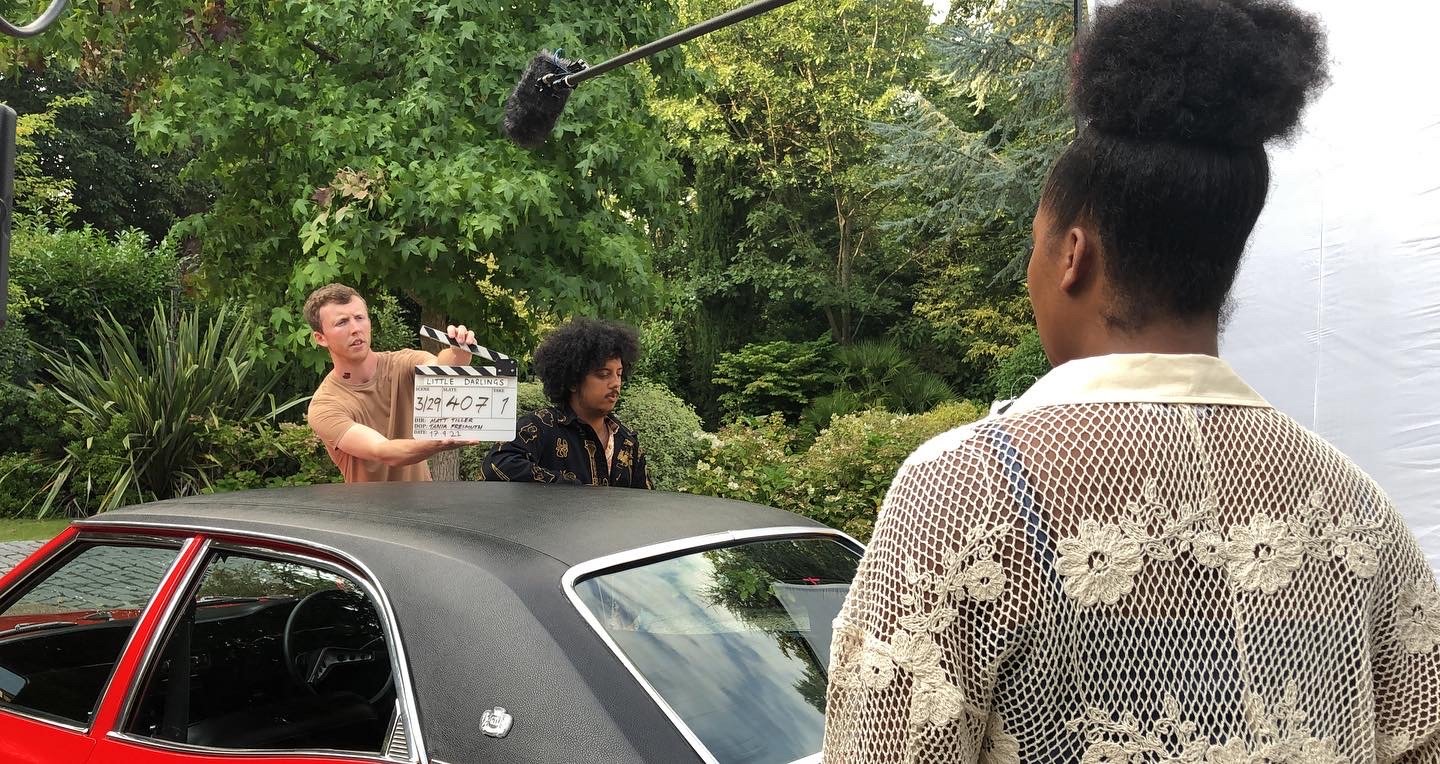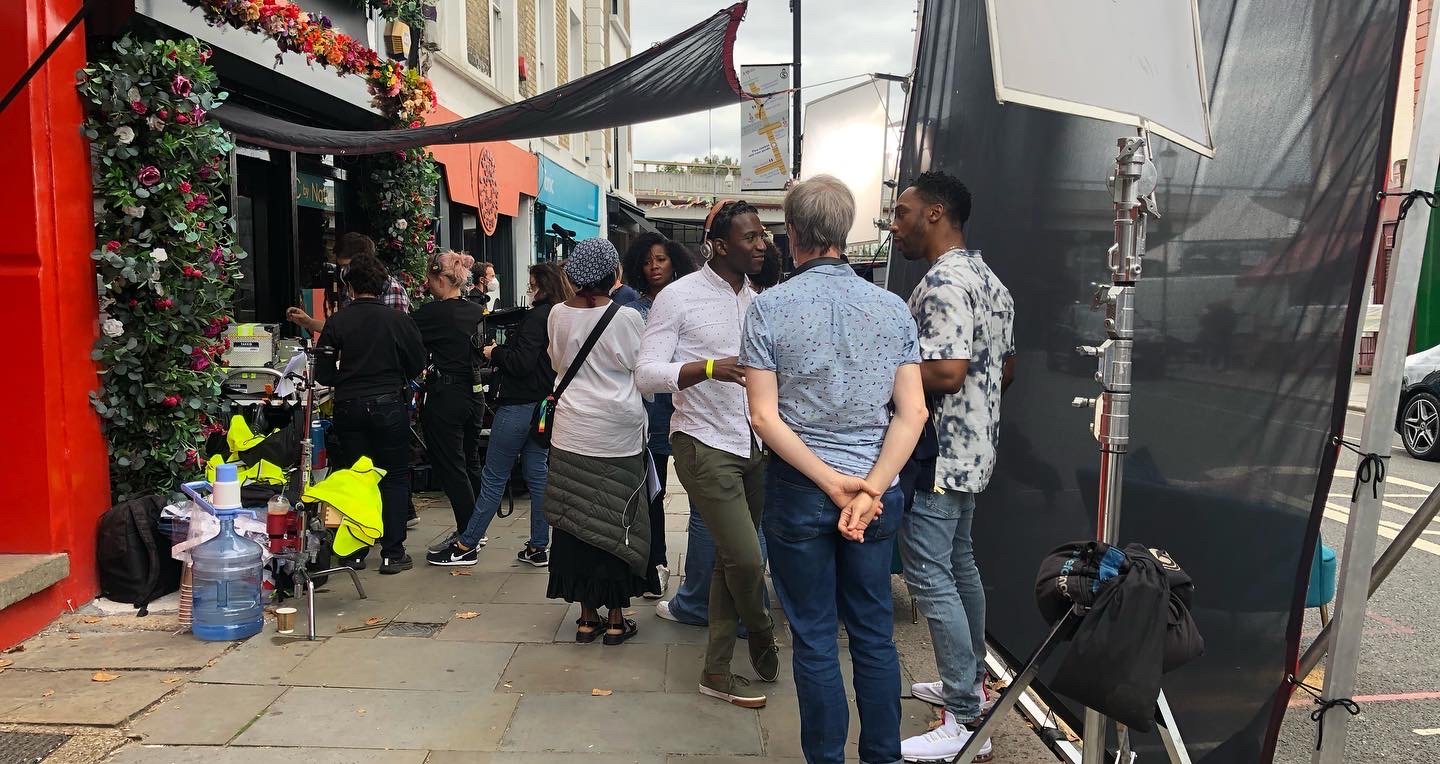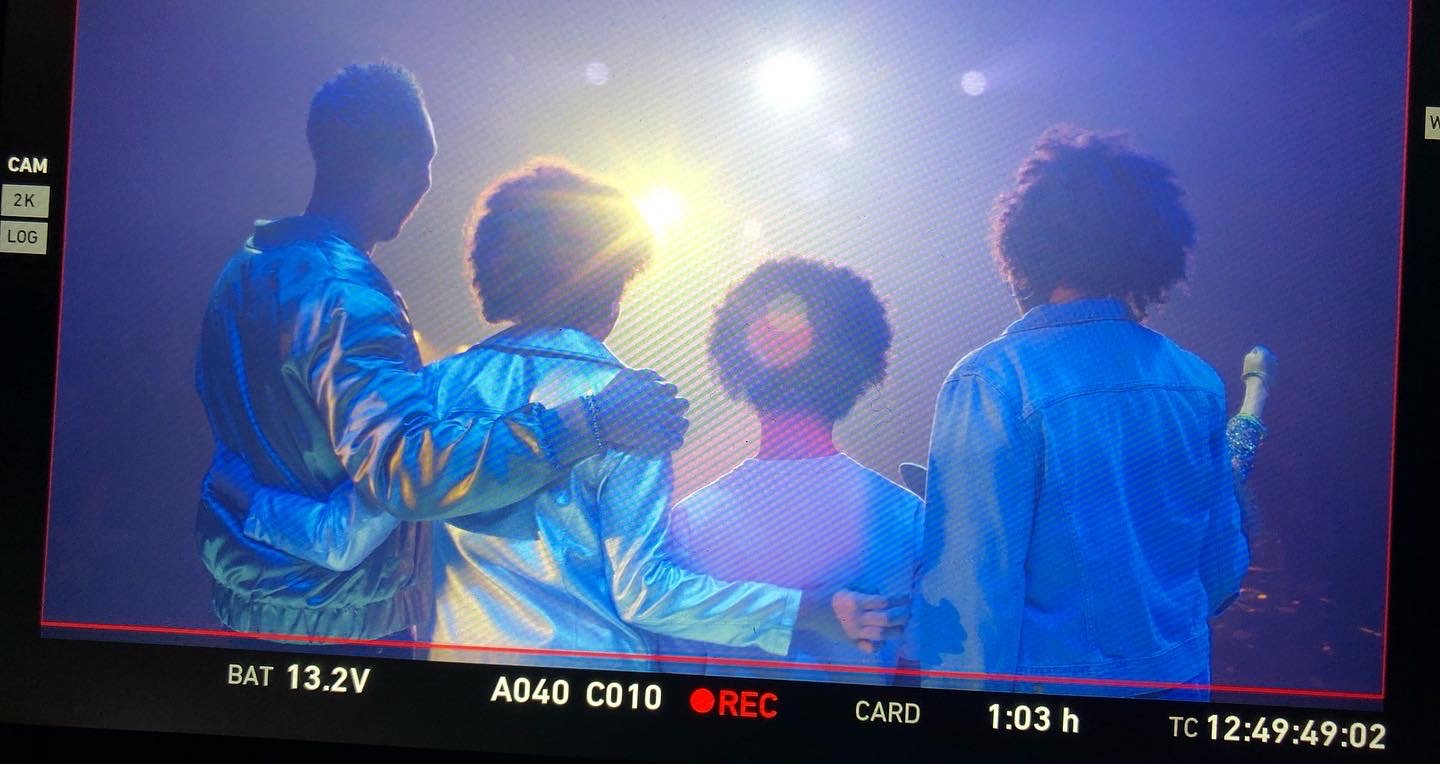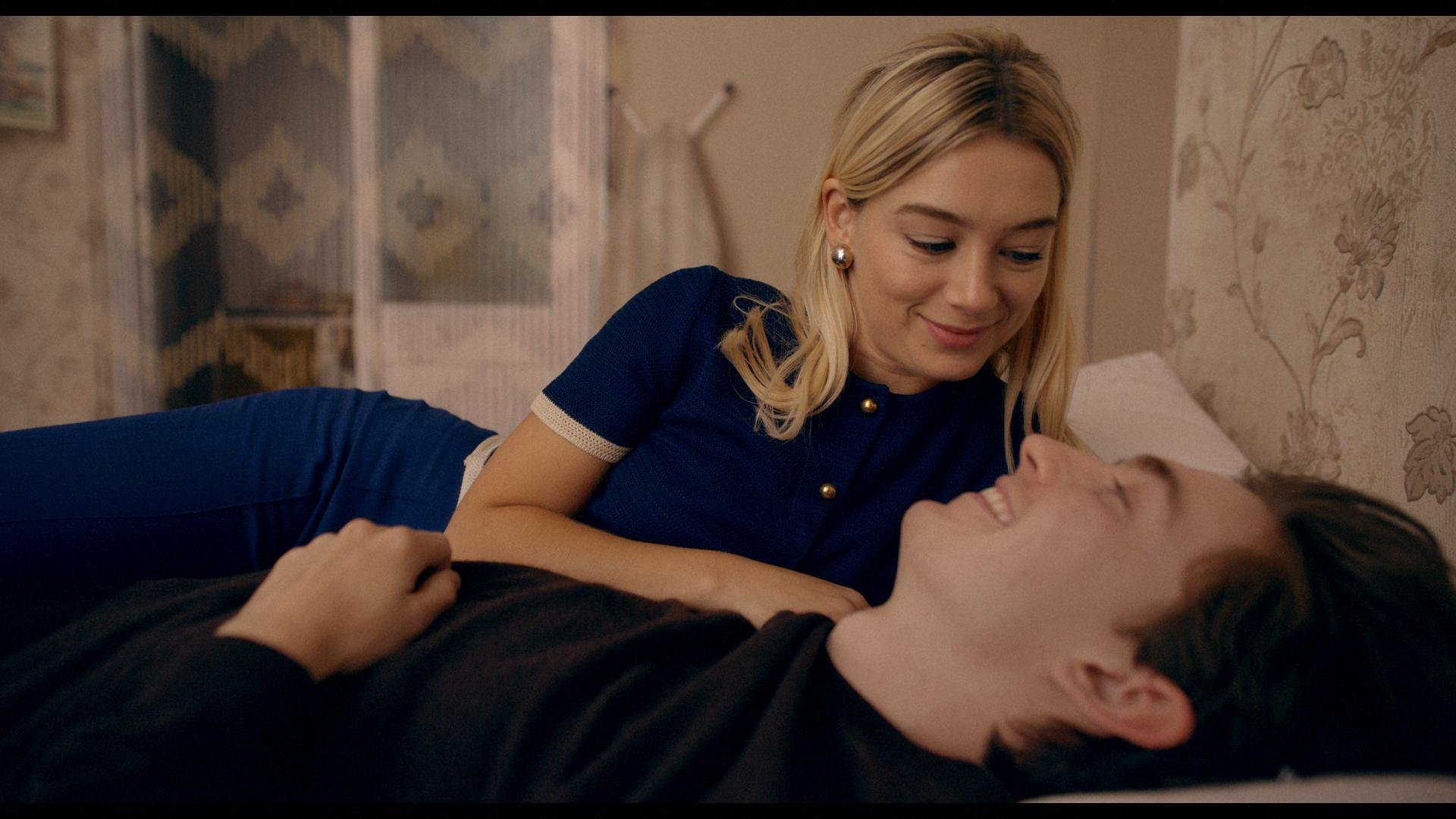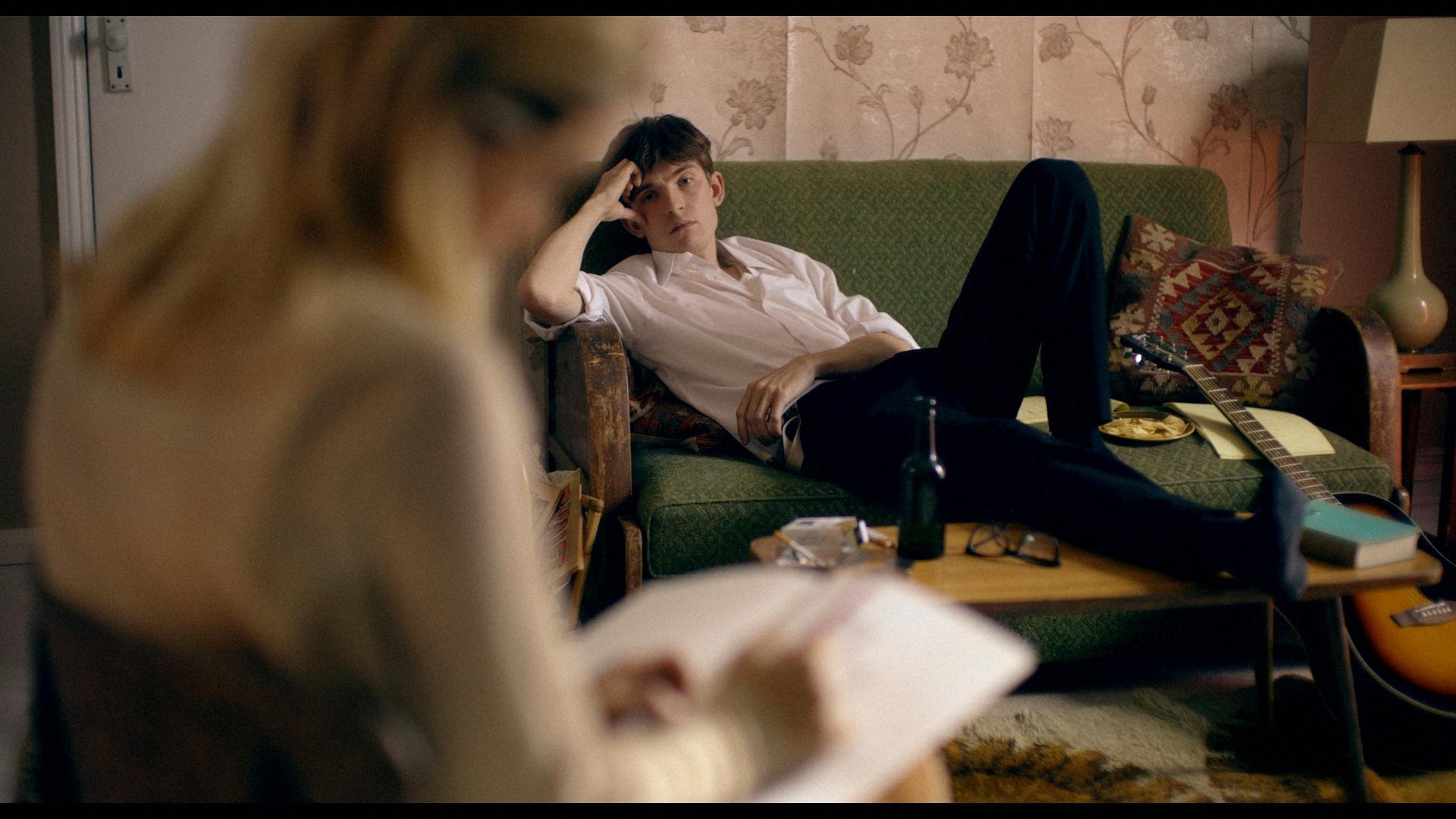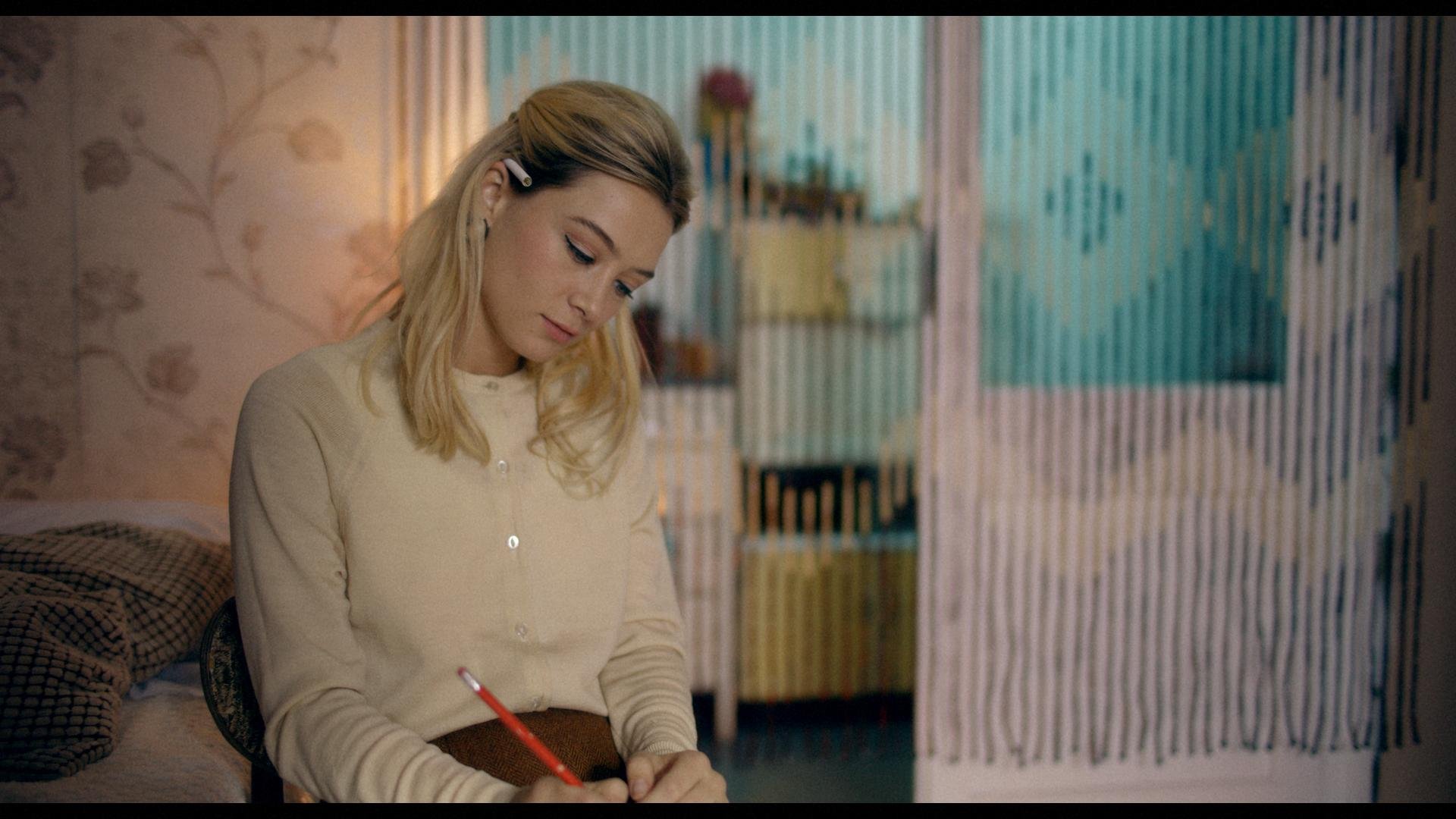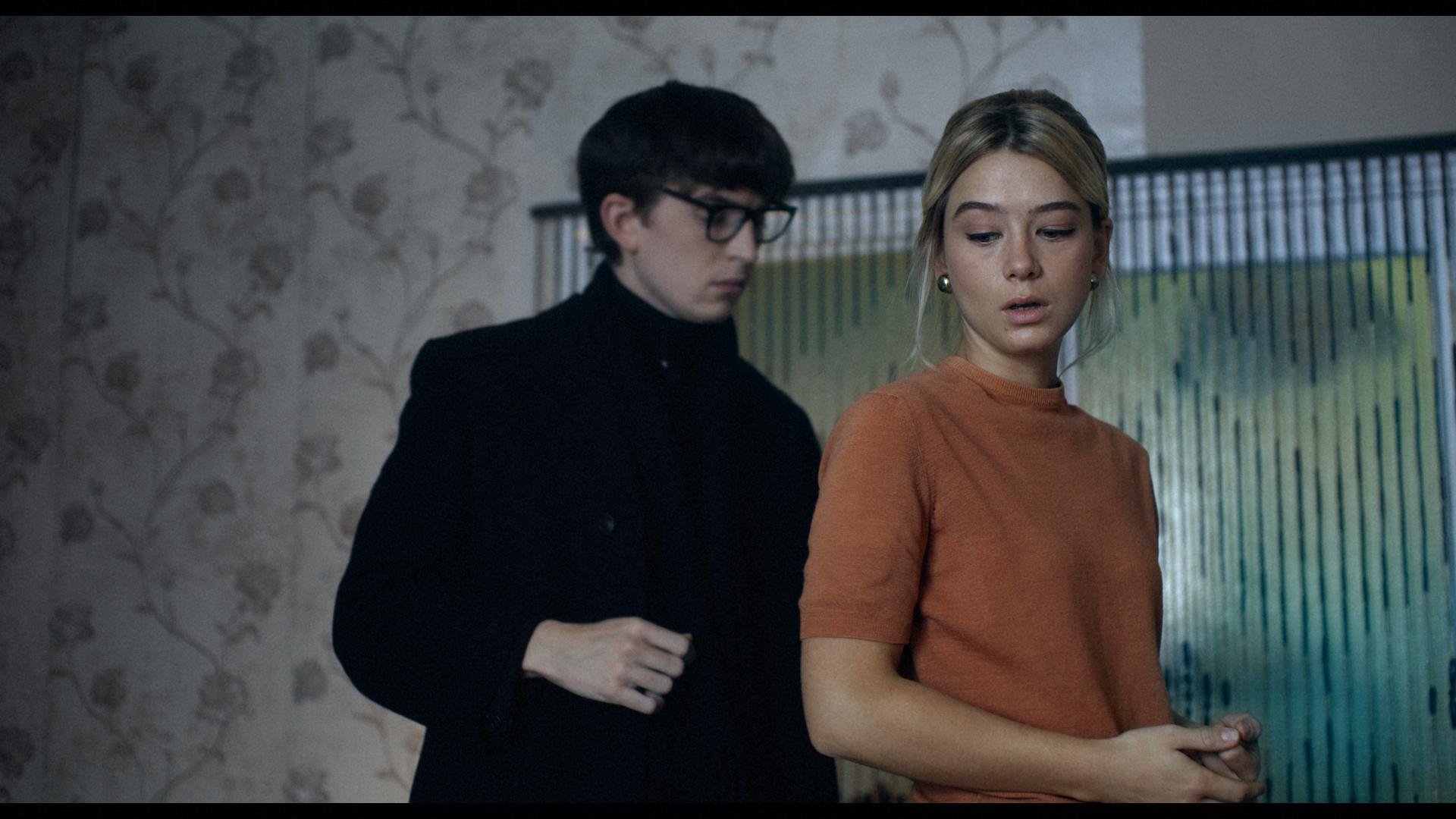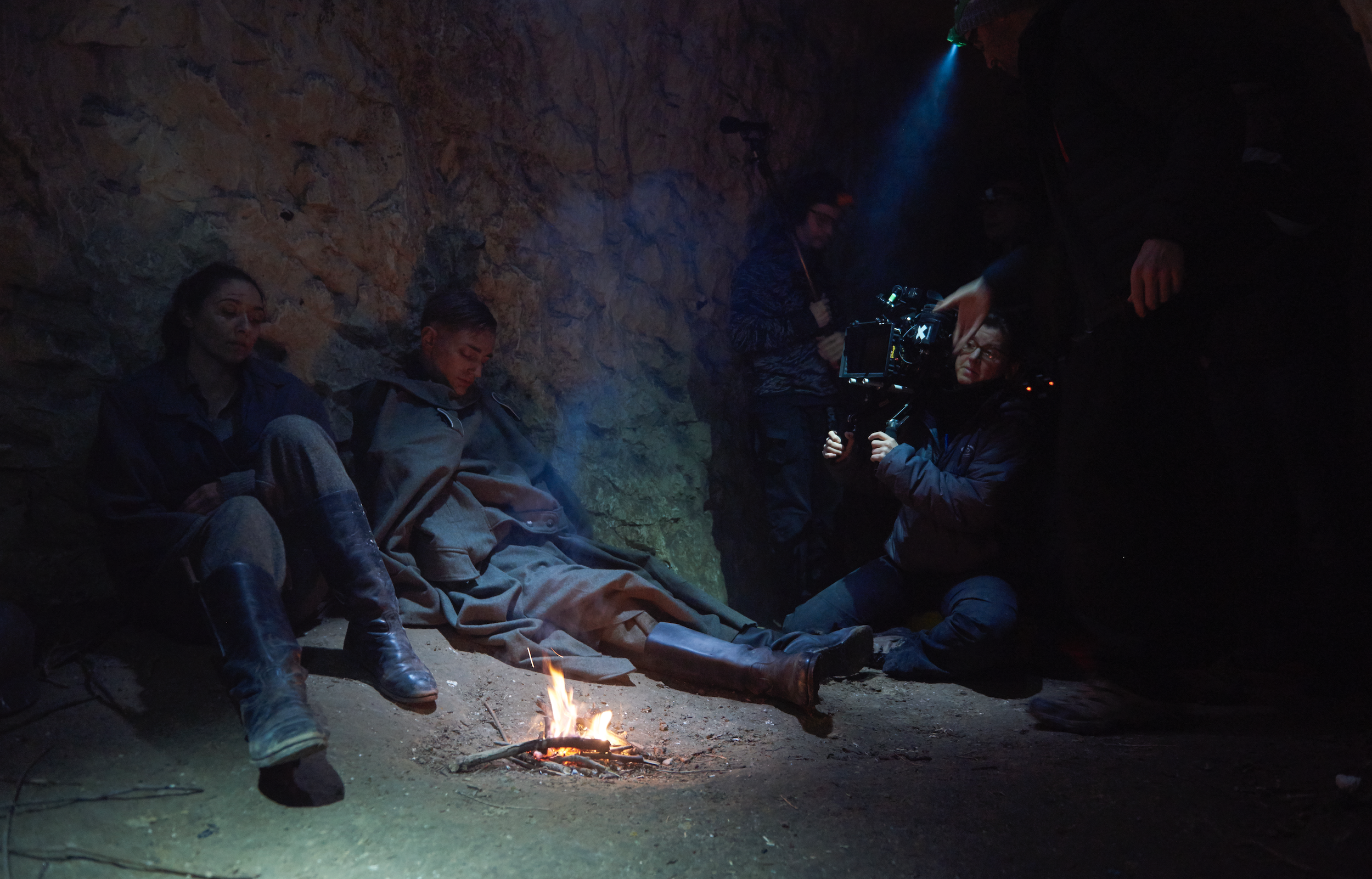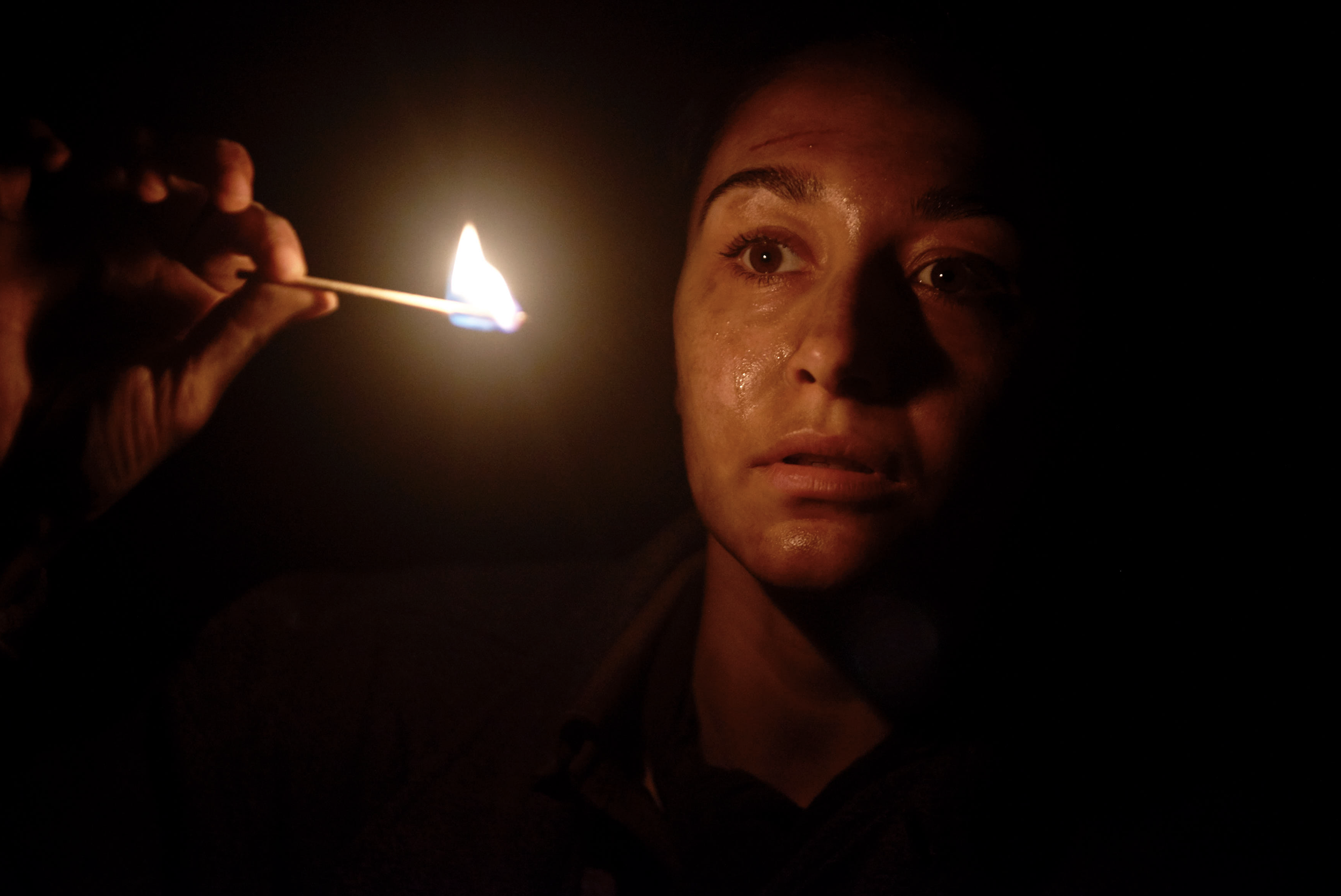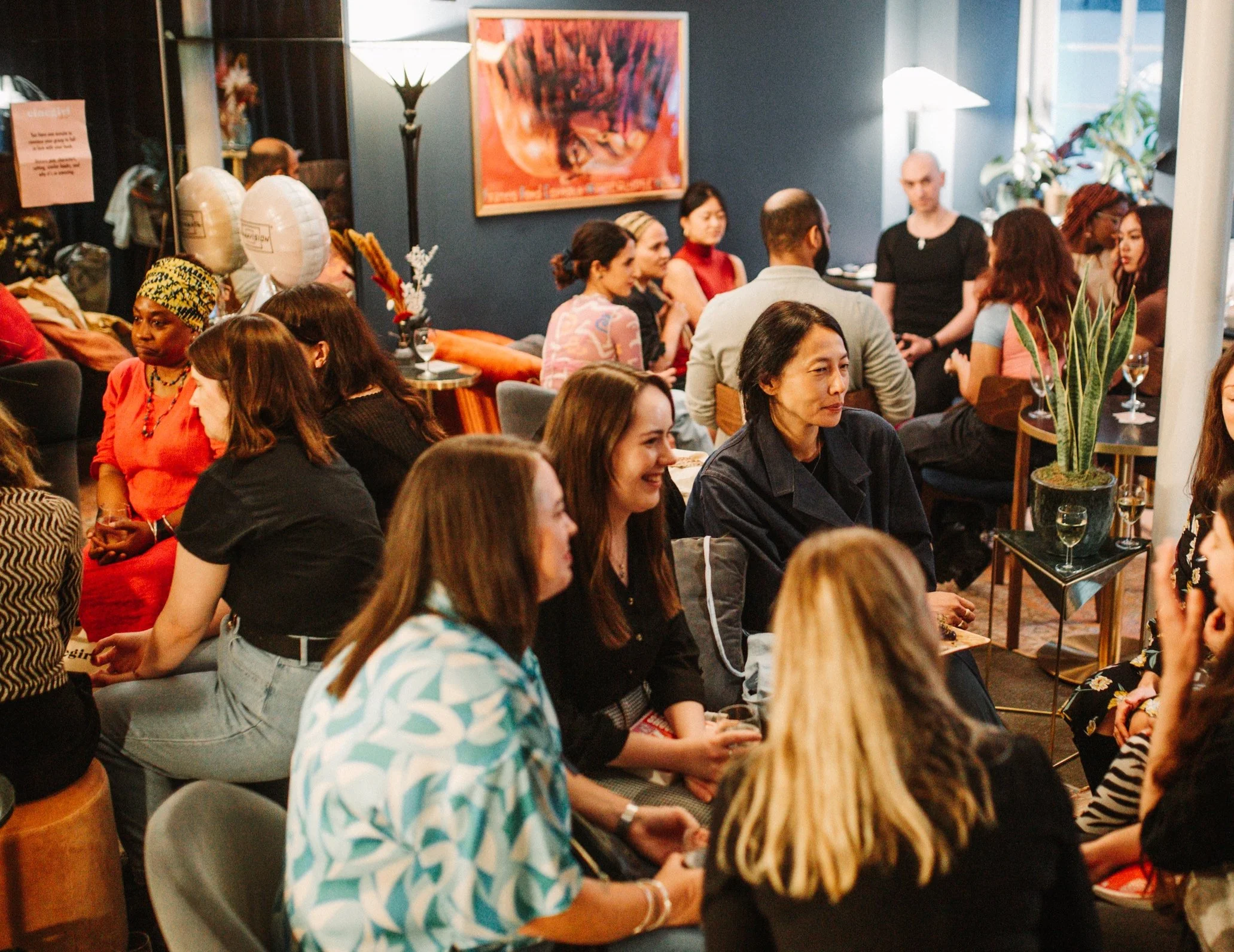Tania Freimuth: Cinematographer
F: Did you go to film school?
T: Yes. At Manchester University and have a BA Hons Film & TV.
F: What does Cinematography mean to you?
T: Cinematography is like living on the edge. It doesn't matter how much prep you do or plans you make, there is always that element of chance and risk which makes it exciting and interesting. For me developing the skill to embrace that, not being too rigid, and keeping my mind fluid all the time is a challenge in itself.
F: The fact you cannot always have that closure and be content with ‘that’...
T: That is true. Yes. The bit I truly love the most, the moment I am waiting for, is the grade. For me that is where it all happens, seeing the edit lock and bringing the final picture to life is the part which really excites me.
F: Is there a project you are particularly proud you have worked on?
T: All of them, in lots of different ways. I mentioned the grade, previously, because there was a film I did years ago called Kid Gloves (Prod. Dan Kay and Dir. Julia Hart), which for such an unassuming film did astonishingly well at festivals, the colour grader on that did such an incredible job. Sadly, I couldn't be there but she found the palette that I was going for. I suppose that’s another element of being a cinematographer, as well as understanding and bringing the director's vision to life, is in return being understood. For me film making needs to be a collaborative effort.
F: Does it come with trust?
T: Yes. A lot with trust. But the trust also has to be within ourselves to follow through on what we are trying to achieve. The challenging part is that it makes you very assertive and firm, I feel sometimes that can be misinterpreted.
F: How do you balance your work and personal life?
T: I sacrificed a lot of my personal life for my work and I do find it hard to make time for myself, Covid put a spotlight on that but it also gave me an opportunity. I started making all plans to create a balance and then the industry started ramping up again. Let’s just say that old habits die hard!
F: Could you, if you wanted to?
T: Yes, is the answer. I’ve bought a Kayak, which is something I’ve wanted to do for years and I’m developing my personal work so there’s a line in the sand, I just need to make it more defined.
F: Let’s talk about some projects and your creative choices when using Cooke Optics Lenses…
T: The Todd Haynes film ‘Carol’ properly brought lenses to my attention. I’d made the annual pilgrimage to Camerimage and, during my time there, I was inspired by Ed Lachman ASC who led a discussion about lensing the film. A year later, when Andy Cooper at Movietech offered a Panchro/i set to me as part of the camera package for Kid Gloves (Prod. Dan Kay - Dir. Julia Hart), it was like a dream come true. I knew they had the perfect aesthetic for a character led film which is a portrait of a life, where the audience's attention would be entirely focused on the actor's emotional response to the narrative.
Later, due to having the natural attribute of this vintage lens, being less crisp, producing wonderfully creamy skin tones and, crucially for Pitfall (Dir.Ben Desmond - Prod. Henriette Mercedes Spiering) which had a Paul Nash painting as its key reference, bokeh that has a painterly quality it made perfect sense to use them again. They handle the features of face perfectly, there's no flattening of the nose or stretching, people look good. More recently I’m grateful to have had the opportunity to work with the 2x Anamorphic lenses which I used to great effect to lens the BFI/Screen Scotland short, A Birthday Party (Writer/Director: Victoria Adeola Thomas) and I’m looking forward to seeing the film projected. Fast forward to Little Darlings, (Dir. Ian Aryeh - Prod. Kindle Entertainment) a drama with some vibrant and lively characters aimed at a young audience, for which Ian wanted a cinematic look. For me this meant searching for a lens which lent itself to a film aesthetic.
Personally, I felt a crisper look would be beneficial, the story is set in current times, but with a gentle roll off. We agreed that we needed the colours to pop, to downplay cold tones and accentuate warm hues which would favour the cast who had a mixed range of skin tones. The decider was the cast screen test for camera & wardrobe which revealed the S4’s had everything we wanted in spades and their low contrast provided the subtle softness I was looking for.
For Cyn (Dir. Ben Desmond Prod. Karen Stirgwolt), I chose Sumire primes because I could use how they altere in look from 1.3 - 2.8/4 to mirror the emotional change in temperature from the beginning of the story, when we wanted the look to be creamy and bloomy, to the end when I wanted more contrast.
F: If you weren’t a Cinematographer, what would you be doing:
T: Probably Photojournalism or botanical art.
Tania’s professional memberships include the GBCT, Illuminatrix DoP's, BAFTA & Canon EMEA Pro Ambassador. Tania Freimuth is represented by Loop Talent
This is an article in collaboration with Cooke Optics as part of our ongoing support of female talent in the camera department. All photography courtesy of Tania Freimuth.


